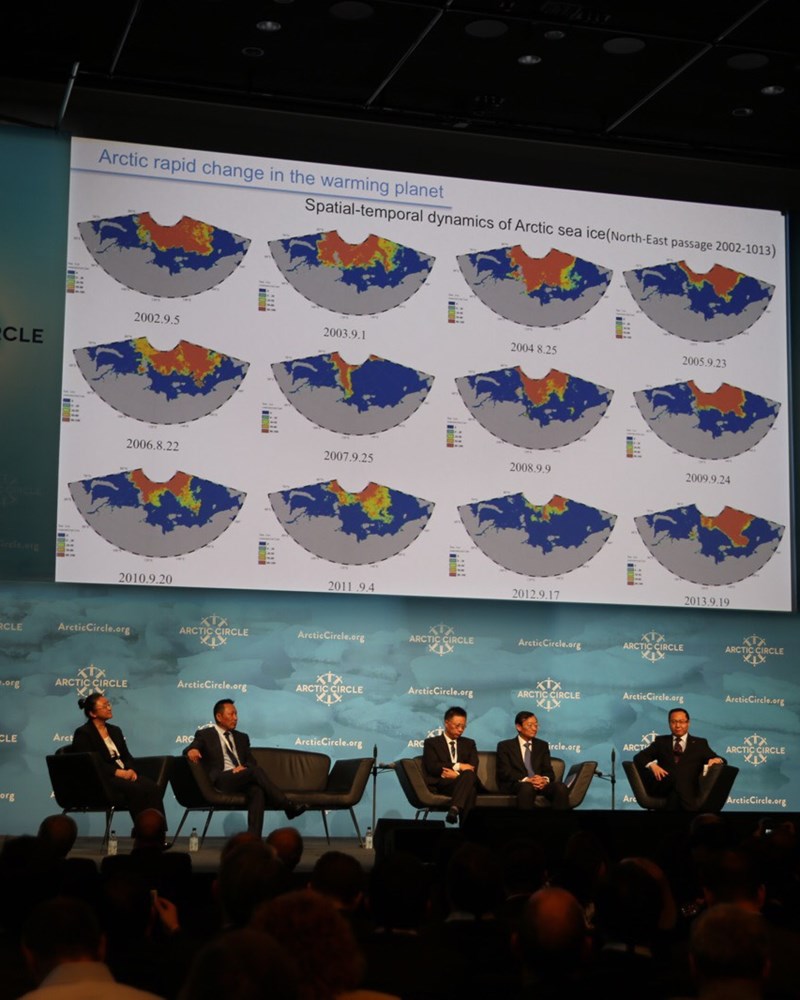EU Arctic Policy: Science as catalyst for international cooperation
Organized by EU-PolarNet, the European Polar Board and INTERACT 13. September 2017
Challenges posed by climate change, globalization and geopolitical dynamics increasingly exceed local and national mitigation and adaptation capacities. A sustainable future for the Arctic thus requires regional and international actors to jointly recognize issues and develop solutions to address these together.
Saturday, October 14, 17:30 - 19:00
Location: Háaloft, Eighth Level
Recognising this, the European Commission and the High Representative have defined International Cooperation on Arctic Issues as a priority area in the integrated European Union policy for the Arctic. Herein they assign a key role to science as a catalyst to support a common understanding, jointly agreed solutions and peaceful cooperation. Transnational access to research infrastructures, open data resources, as well as international networks and bilateral agreements are seen as important steps towards an improved scientific cooperation and enhanced political and economic links with key countries in the region.
This breakout session aims at fostering active discussions on how to further improve international cooperation in Arctic science.
Speakers:
- Karmenu Vella, Commissioner for Maritime Affairs and Fisheries, European Commission: (opening address via video message)
- Margareta Johansson, Coordinator INTERACT: Sustained transnational access to Arctic Terrestrial Infrastructures.
- Martin Jeffries, Assistant Director for Polar Sciences & Executive Director, U.S. Interagency Arctic Research Policy Committee, White Office of Science and Technology Policy: Facilitating Arctic Science Cooperation via the Canada-EU-USA Atlantic Ocean Research Alliance.
- Hyoung Chul Shin, Head of Department for International Cooperation, Korea Polar Research Institute (KOPRI): Arctic Research Cooperation; Role of
Observer States and The Growing Contribution - Alexander Klepikov, Head of Department for Antarctic Ocean and Climate Studies, Arctic and Antarctic Research Institute (AARI, Russia): The Russian Perspective on Key Areas of International Cooperation in Arctic Research.
- Verónica Willmott, Project Manager
ARICE (Alfred Wegener Institute, Germany):ARICE : Arctic Research Icebreaker Consortium. An International Cooperation Strategy For Meeting the Needs For Marine-Based Research in the Arctic.
Chair:
Andrea Tilche, Head of Unit Climate Action and Earth Observation, Directorate General for Research and Innovation, European Commission

